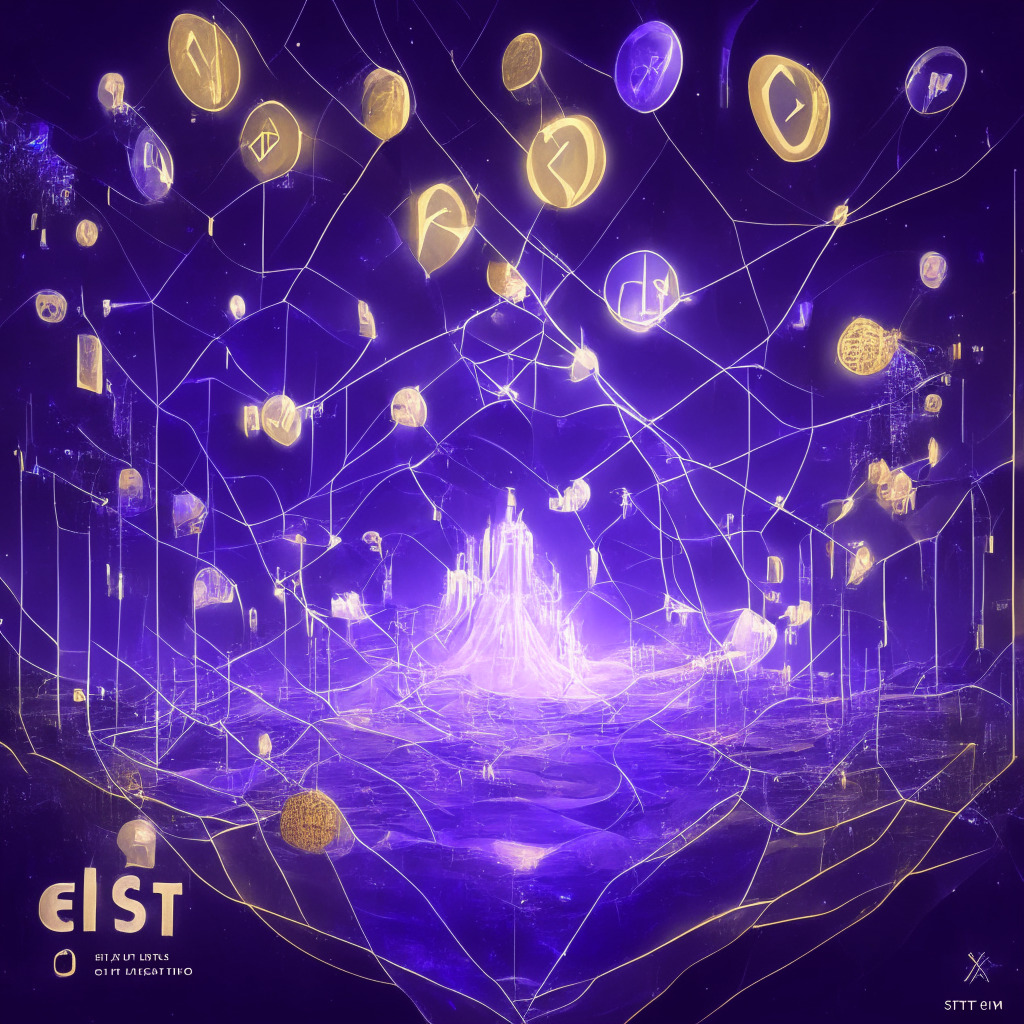Ripple’s decentralized digital currency, the XRP, is facing a pivotal opportunity to mend its closed framework. For the longest time, Ripple Labs has been central to a legal battle over the nature of its XRP token. However, a recent United States judge ruling asserting that XRP wasn’t a security when sold to public throngs on secondary markets heralded a partial reprieve, which could give Ripple Labs the shot at revitalizing its former energy.
Ripple Labs, during its inception, sought to make a mark with its product geared toward replacing traditional cross-border payment channels, such as the SWIFT system. The motivation was to address the seemingly disproportionate wire transfer charges and the delay experienced from the SWIFT system. Their product offered a more expedited process, devoid of weekend, holiday delays and mitigated the mystery surrounding the pricey SWIFT charges, making it a favorite among users.
Nonetheless, this ambition put Ripple Labs up against considerable hurdles, from beating arduous technological challenges to maneuvering procedural surprises and hitches operating through diverse jurisdictions. To tide this wave, Ripple Labs birthed a more centralized setup, which was fundamentally offbeat from the larger crypto community’s projects. Granting, this decision did create a pathway for swift and cost-effective transactions, it also inadvertently deterred a wider Web3 developer community from participating.
This centralized layout then gave way to a close-ended ecosystem, preventing Ripple from effecting an indispensable, application-layer base. Being closed and capturing all its economic value, as opposed to an open one, meant Ripple could fall short of the Bill Gates’ notion of “the economic value of everybody that uses it exceeds the value of the company that creates it.” The alternative, a true ecosystem that would see the establishment of layer-1 blockchain networks, would indeed cater to a more involved community and increase the stake of individuals and entities in the success of the protocol.
Ripple Labs surely has a lot to gain in economic value by sharing in the much larger pie resulting from building an effective ecosystem. Cryptocurrency projects are no stranger to starting off with significant centralization and gradually shape-shifting into decentralized autonomous organizations dictated by their communities. In these settings, Ripple Labs could benefit significantly by aligning with traditional bodies or maintaining conservative stances instead of weathering regulatory ambiguities.
Decentralization gives Ripple a chance in managing the usually treacherous sail towards building partnerships with traditional entities. Ripple’s attempt at tackling real-life financial challenges might then once again ignite. It all comes down to Ripple’s technology and the environment it creates, over which it has considerably more control now. The ambiguity over whether such a community could impact Ripple’s legal struggle might persist. But what is clear are the business and product advantages that come with operating a layer-1 blockchain, affirmed by numerous successful projects.
Source: Cointelegraph




